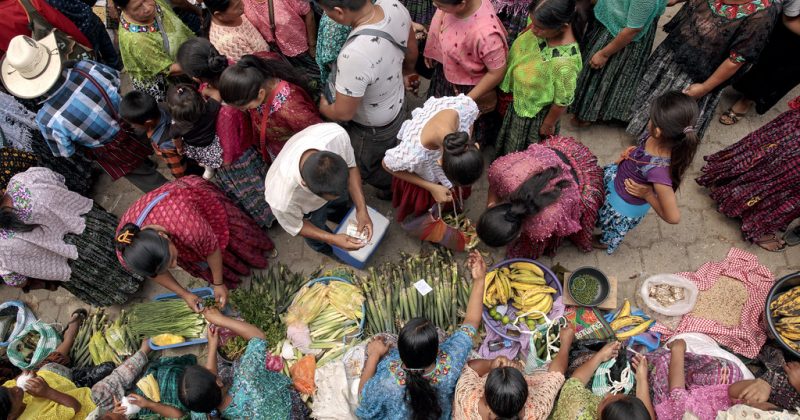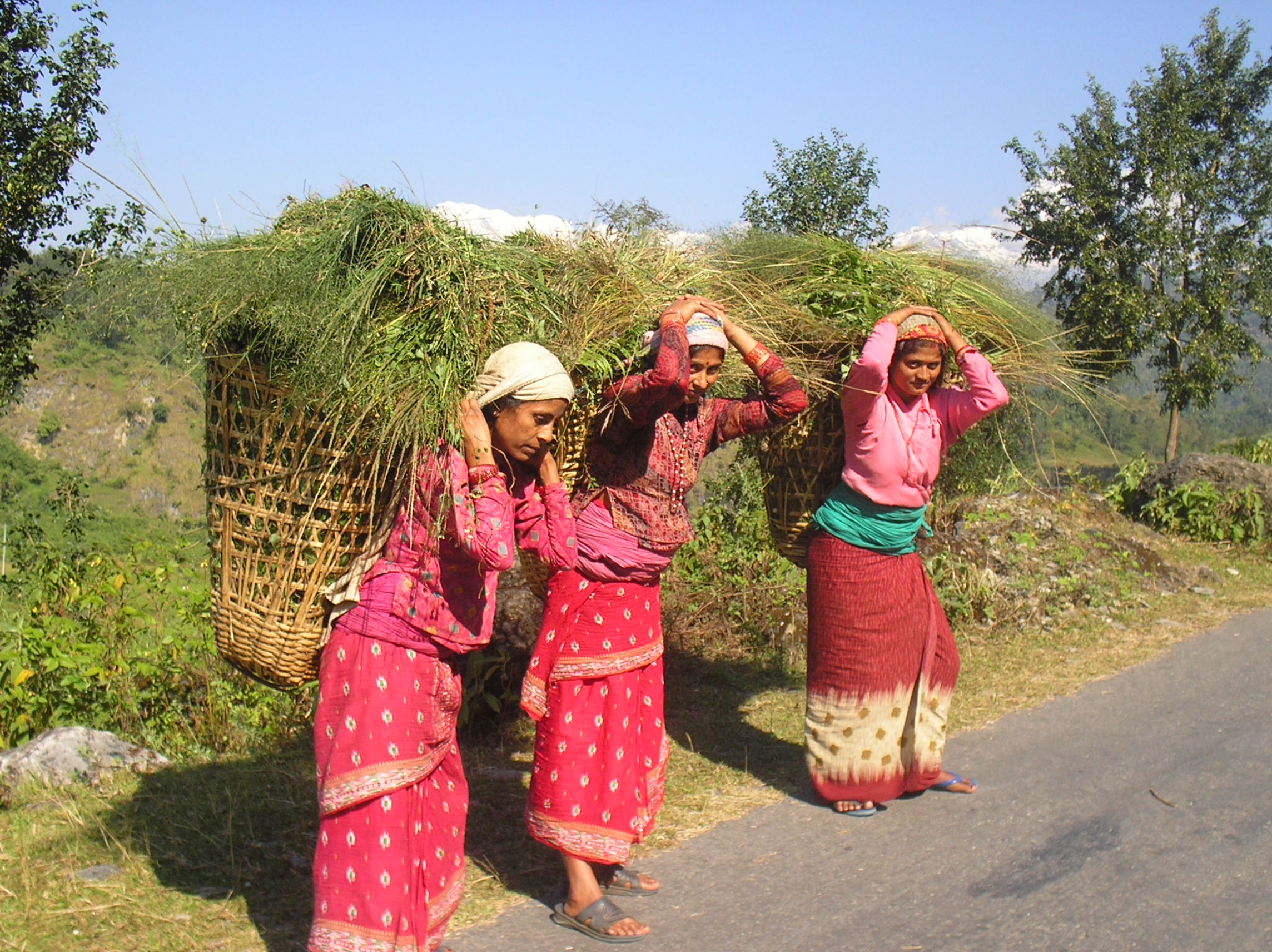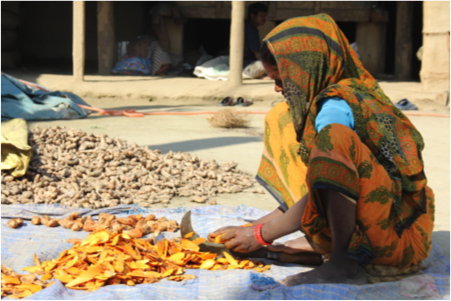
Inadequacy of Laws Against Cross-Border Sex Trafficking Between Nepal and India
By guest contributor Ayush Kumar*
Globalisation has caused the emergence of new technologies that facilitate trade and transport, making business more rewarding. A negative ramification of this change is the proliferation of cross-border human trafficking. The UN Office of Drugs and Crime (UNODC) defines Human Trafficking as the “recruitment, transportation, transfer, harbouring, or receipt of people through force, fraud, or deception, intending to exploit them for profit.” Men, women, and children of all ages and from all backgrounds can become victims of this crime, which occurs in every region of the world.
There are nearly 36 million victims of human trafficking in the world, out of which two-thirds are from Asia, making it the third-largest crime in magnitude and profit after arms and drug trafficking. With Covid-19, the situation is anticipated to turn grimmer.
Open Borders: A Facilitating Factor
Nepal is an indispensable neighbour of India because of its cultural, historical, and economic connections. It also holds a vital place in India’s foreign policy...



